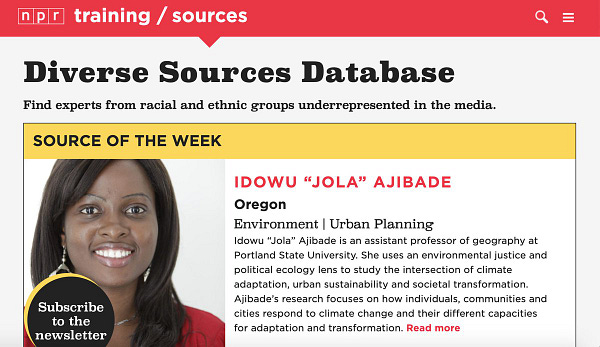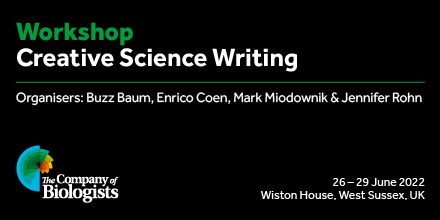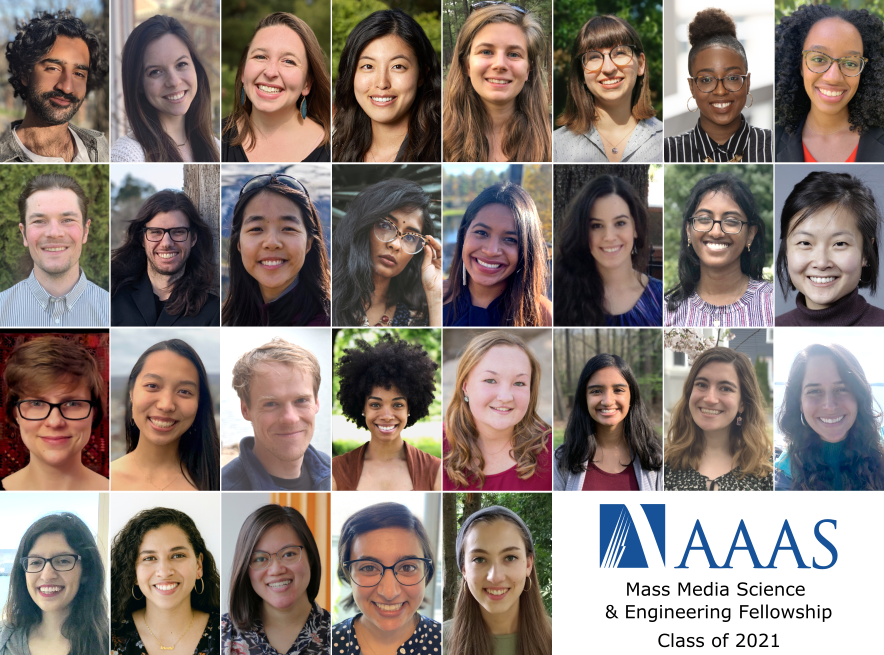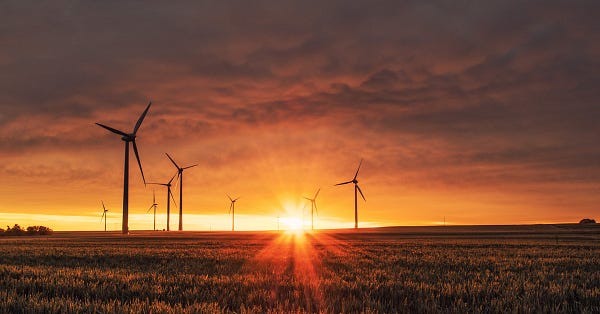✍️Science Writing News Roundup #42 (May 2, 2021)
The beginner's guide to a career in science writing + How to find scientist sources and plan interviews
Congratulations to the 2021 cohort of AAAS Mass Media Fellows! The fellows will work as journalists for newsrooms around the United States for 10 weeks this summer.
📝 Resources






✍️ Opportunities
Apply for The National Science-Health-Environment Reporting Fellowships program. It’s aimed at U.S.-based early-career journalists interested in careers reporting on science, health, and environmental issues.
The AAAS Kavli Science Journalism Awards 2021 contest is now open for submissions! The entry deadline is August 1, 2021.
The Geological Society of America’s Science Communication Fellowship is an opportunity for a science writer, journalist or scientist with a passion for communicating to spend 10 months gaining experience and professional contacts.
Entries now open for ASE Book of the Year Award 2021. The award by The Association for Science Education is designed to celebrate science writing that educates and inspires science learners and educators of all ages.


⛳️ Tips
They don’t just fall out of trees: Three science writers on the art of finding expert sources. In a wide-ranging webinar, journalists Wudan Yan, Melinda Wenner Moyer, and Roxanne Khamsi shared insider tips for finding and vetting sources.
How to find scientist sources and plan interviews. Doing your utmost to find the right scientist and then preparing fully will give you the best chance of getting what you need from an interview, according to Abdullahi Tsanni.
Conducting interviews over Zoom? Here are some tips. Many journalists have avoided reporting in-person if they can during the pandemic. Here are some tips for making the most of your Zoom interviews from Marie Naudascher.
📗 Articles
Ed Yong reflects on science storytelling for Catapult Magazine. In a piece for Catapult's Don't Write Alone site, Nicole Chung spoke recently with Yong about his approach to science writing, including his well-considered embrace of uncertainty and nuance.
What I learned writing a science paper for a 10-year-old. Academic articles in science are criticized for being impenetrable to the average adult reader, let alone child. The journal Frontiers for Young Minds (FYM) was launched in 2013 to help bridge that gap.
🎧 Videos and podcasts
Covering Covid-19: How Journalists Tackled the Biggest Science Story of Our Time
A Virtual Conversation with Josh Fischman, Senior Editor at Scientific American Magazine
Ben Spencer, science editor, The Sunday Times, on the future of climate journalism
P&P Live! Naomi Oreskes | Why Trust Science? with Frank Sesno
Webinar 77: Obesity and COVID-19 (International Center for Journalists/ICFJ)
Science communication essentials: 5 top tips from award winning journalist Liam Mannix
🚨 Events
The Slow Rollout of Vaccines in Europe: The View of Three European Journalists (May 4, 2021)
60 Minutes Producers Denise Cetta and Katie Brennan. In this Q&A, Denise and Katie will share how they make complicated science topics easy to understand for a wide audience. (May 4, 2021)
Introductory Storytelling Workshop, Story Collider (May 10, 2021)
Writing on Nature with Authority, Authenticity and Personality (May 11, 2021)
How To Make Your Freelance Business More Efficient (May 11, 2021)
Science Writers and Communicators of Canada 2021 Virtual Conference (June 7-17, 2021)
🔔 Jobs and internships
Associate or Senior News & Views Editor (Physics), Nature, London, Berlin or New York
Science Communications Specialist, The College of Agriculture and Life Sciences, NC State University, Raleigh, NC
Environmental Justice Fellow, Grist, US-based
Internal Communications Specialist, Lawrence Berkeley National Laboratory, Bay Area, CA
Corporate Science Writer, Promega, Madison, WI
OPN Associate Editor, The Optical Society, Washington, DC
Associate or Senior Editor (Environmental Social Science), Nature Communications, London, New York, or Berlin
Crash Course Managing Editor, Remote, US-based
More jobs 👉Science Writing News Roundup #41
👉 Don’t miss any updates from the Science Writing News Roundup:
Worried you missed something? See previous newsletters here. What would you like to see in the newsletter? Please send me your suggestions by replying to this email: sciencewriting@substack.com😃
If you liked this post, share it with your friends 💙







